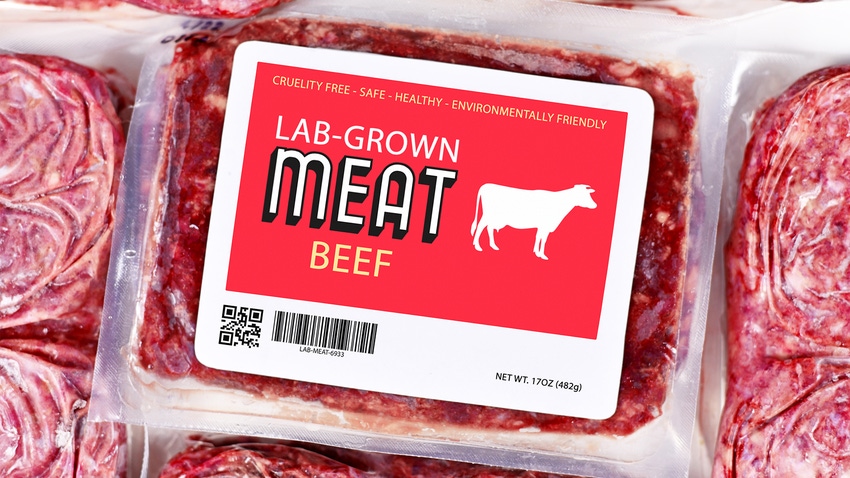https://www.foodbeverageinsider.com/...ater-than-beef
At a Glance
•Lab-grown meat production is likely to be up to 25 times worse for the environment than conventional beef production.
•The study didn’t assess product losses, cold storage and transportation, so the actual environmental impact could be higher.
•More research is needed to develop more efficient and environmentally friendly lab-grown meat production methods.
A recent scientific study argues the environmental impact of current and near-term lab-cultivated meat production methods is likely to be “orders of magnitude” higher than conventional beef production—up to a whopping 25% higher compared to conventional retail beef.
To determine the environmental impact of lab-grown meat production, the researchers of the bioRxiv study conducted a life cycle assessment of the energy needed and greenhouse gases (GHG) emitted during the various stages of production.
They tapped previous findings from recent technoeconomic assessments (TEAs) of lab-cultivated meat, referred to as “animal cell-based meat (ACBM)” throughout the study, which provided the metabolic requirements the researchers used to complete the life cycle assessment.
Similarly, previous findings from a recent life cycle assessment of Essential 8, a growth medium designed for stem cell research, provided a purification factor that was used to account for growth medium component processing.
“Given the stringent medium component purity requirements for animal cell culture, the high purification scenarios with [Essential 8] as the growth medium are likely to represent the more accurate environmental impact of [animal cell-based meat] production,” they explained.
The researchers measured environmental impact as the carbon dioxide equivalents (CO2e) emitted for each kilogram of meat produced.
Of common conventional meats, beef has been shown to have the most impact on the environment. Another scientific study found the median reported GHG emissions for retail beef was about 60 kilograms CO2e per kilogram of fat- and bone-free meat, including edible organs.
In comparison, the life cycle assessment showed the emissions of lab-grown meat that used a purified growth medium ranged from 246-1,508 kg CO2e per kilogram.
That’s four to 25 times greater than the median emissions of retail beef, the authors reported.
“Our results indicate that [animal cell-based meat] is likely to be more resource intensive than most meat production systems according to this analysis,” they wrote. “In this evaluation, our primary focus has been on the resource-intensity of the growth mediums.”
They pointed, specifically, to the process of refining the cultivated meat’s growth medium to remove or reduce endotoxins, a component of certain bacteria that’s released when the cells are disrupted.
“Animal cell culture is traditionally done with growth medium components which have been refined to remove/reduce endotoxin,” the researchers wrote. “There are a multitude of methods employed for the separation of endotoxin from growth medium components … In turn, the use of these refinement methods contributes significantly to the economic and environmental costs … since they are both energy- and resource-intensive.”
The study authors added that the life cycle assessment does not include product losses, cold storage, transportation and other environmental impacts. Including the post-production stages of the product’s life cycle would further increase the environmental impact of lab-grown meats.
.....
I wonder how much worse it is for the human body? 25 times maybe? 100 times?









 Reply With Quote
Reply With Quote





